|
To say that the modular synthesizer is back is an error, because it never went away... The seductive sounds of the new (and also old) range of modular synthesizers are probably too intimidating and sonically complex for the "normal" musician (the one that uses presets rather than sound construction). When I say that the modular synthesis never left, it's because since its creation and development (1940 to 1960) it has remained active in personal laboratories, in classrooms and in the experiments of composers, insatiable seekers of new sounds, rhythm and noises. For most people, a synthesizer is a keyboard with a panel populated by LEDs, buttons and knobs. A look of disbelief arises when they are shown a modular. What is this? Why so many cables connected? Is it an old telephone switchboard? It's not a synthesizer! The irony is that the modular ones were the first synthesizers, the only commercial synthesizers until the arrival of portable models already wired internally, such as the Minimoog. Most commercial synthesizers today are digital: their internal computers emulate the various forms of analog synthesis. The same happens with a laptop loaded with VST plugins running some DAW software and provided with a quality sound card. Then we have the analog non-modular synthesizers, Moog, Alesis Andromeda, the most recent Prophet 12, Roland, Korg, among others. And in the most esoteric and niche area we have the modular, where unlike a non-modular, you can decide the configuration of your monster according to your own tastes: filters, oscillators, mixers, ring modulators, sequencers, effects, very rare sources of effects, random, sampler, etc. This flexibility is very different from non-modular systems and the possibilities become endless. A modular synthesizer can be what you want it to be - if money and space allow it - do you want three oscillators? Six? 15? Two filters? One Multimode filter? Two Lowpass and three Highpass? How about a vocoder or a theremin? Maybe you want a specific filter from a Russian synthesizer of the 60s? Most likely, someone somewhere in the world will have built a module that will satisfy your desires. In other words, the module-to-module configuration never ends. You will always have the possibility of adding a new filter, a different oscillator or very particular modules that simply do not exist in the world of non-modular analogues. Modular synthesizers are instruments that are not fixed, their owners are continuously adding modules that even allow them to change the scope and focus of their system according to their tastes and current objectives.
It may sound like hyperbole of traditional advertising, but the world of modular synthesis is actually only limited by your imagination.
9 Comments
Rafael González
6/17/2018 16:38:35
Thank you very much for your interesting article!
Reply
Eduardo Gozne
6/17/2018 17:55:36
Gracias Rafael !!
Reply
Frank
6/18/2018 00:53:52
Modular, would definitely be something I look into when I make my first million $!
Reply
6/18/2018 11:08:49
VERY good point about how personal the modular synthesizer is. It is nearly impossible for people to do the same things with them, even the same person. But this can also be a very steep learning curve for people who just want to experiment with sound. I this is why tape and sampling are so popular still.
Reply
4/30/2019 16:24:31
Thank you for these links modular synthesizer's are fascinating to me and I have watched a few videos on youtube of people composing on these my favorite is this:
Reply
Lumen K
6/19/2018 11:36:58
I took the plunge 4 years ago and bought a Verbos Composition system. I kind of regret getting into modular that way, since Verbos' Buchla-style modules are definitely, for me, jumping into the deep end of the pool to learn to swim. Honestly, it was the Harmonic Oscillator that sold me. I still love Verbos modules. Would love to have his Barque Filter, but $750 dollars for a single module is something I balk at. Not that it isn't fully worth the money! Not complaining about the price. It's just more than I can justify for one module right now.
Reply
Hal McGee, EC Editor
6/19/2018 11:51:19
https://www.electroniccottage.org/lumen-k/step-off-the-gas
Reply
4/30/2019 16:40:49
I am a West Coast girl and I love changing stuff to see what happens, fiddling around with things I don't really know, experimenting in other words, it is how I learn most new programming concepts ect
Reply
7/11/2018 23:40:17
Thanks for the wonderful article. Well done. Indeed. The soft synths I use these days, emulate modular synths. so I feel like I have never really strayed from the modular, analog days. And I still have my ARP synths along with a handful of homemade modules. The subject is a vast and weighty one but you have summarized it very well. Thanks again.
Reply
Leave a Reply. |
Eduardo GOZNE
|
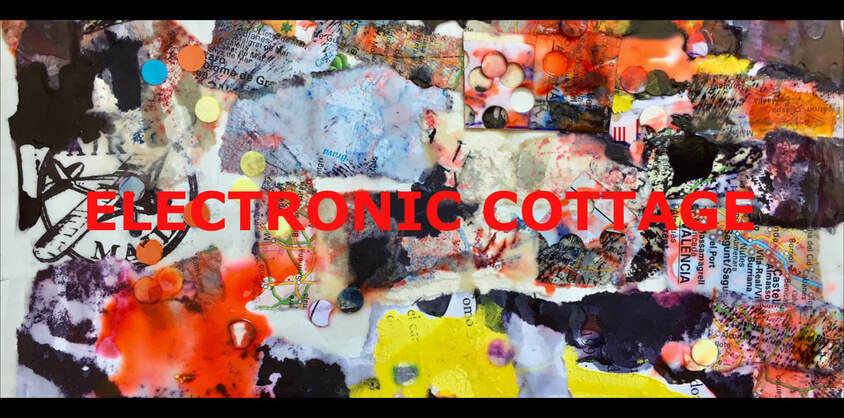
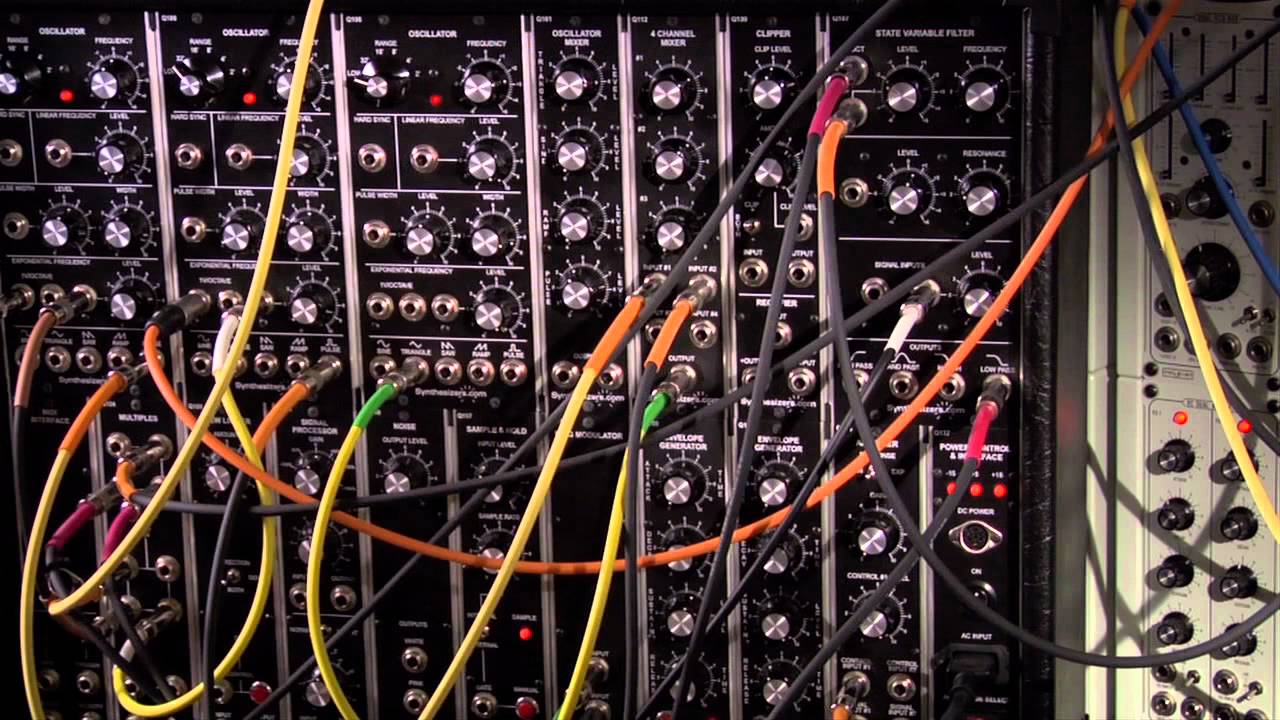
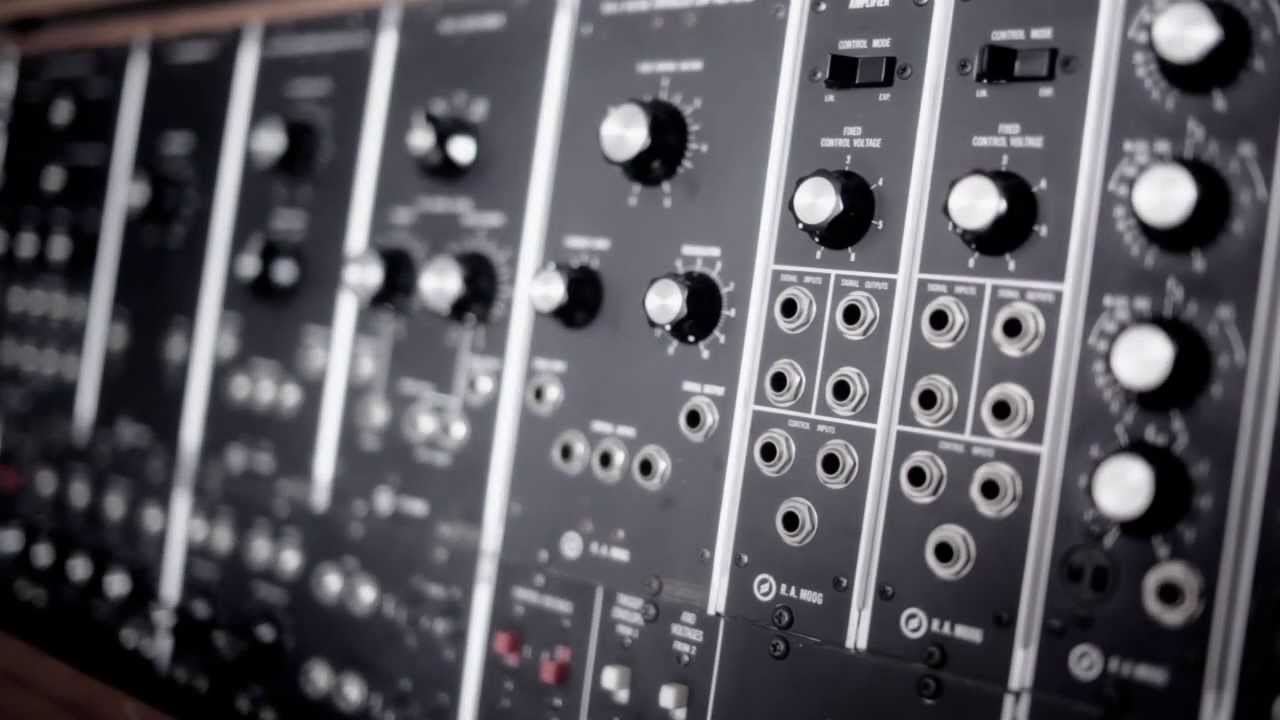
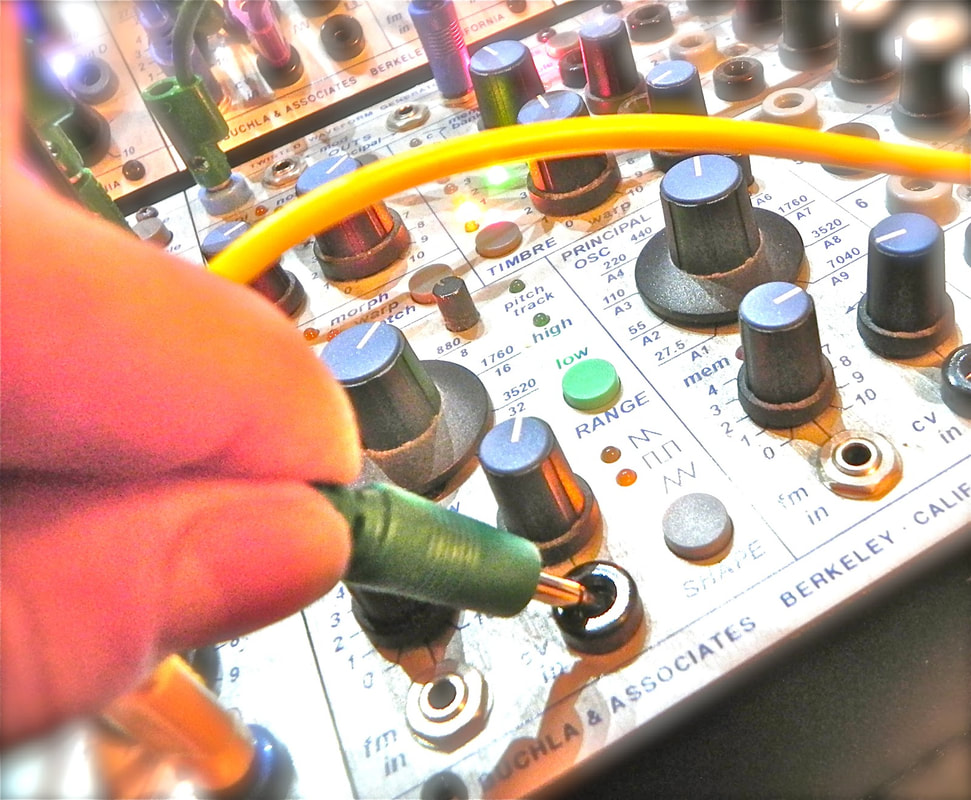
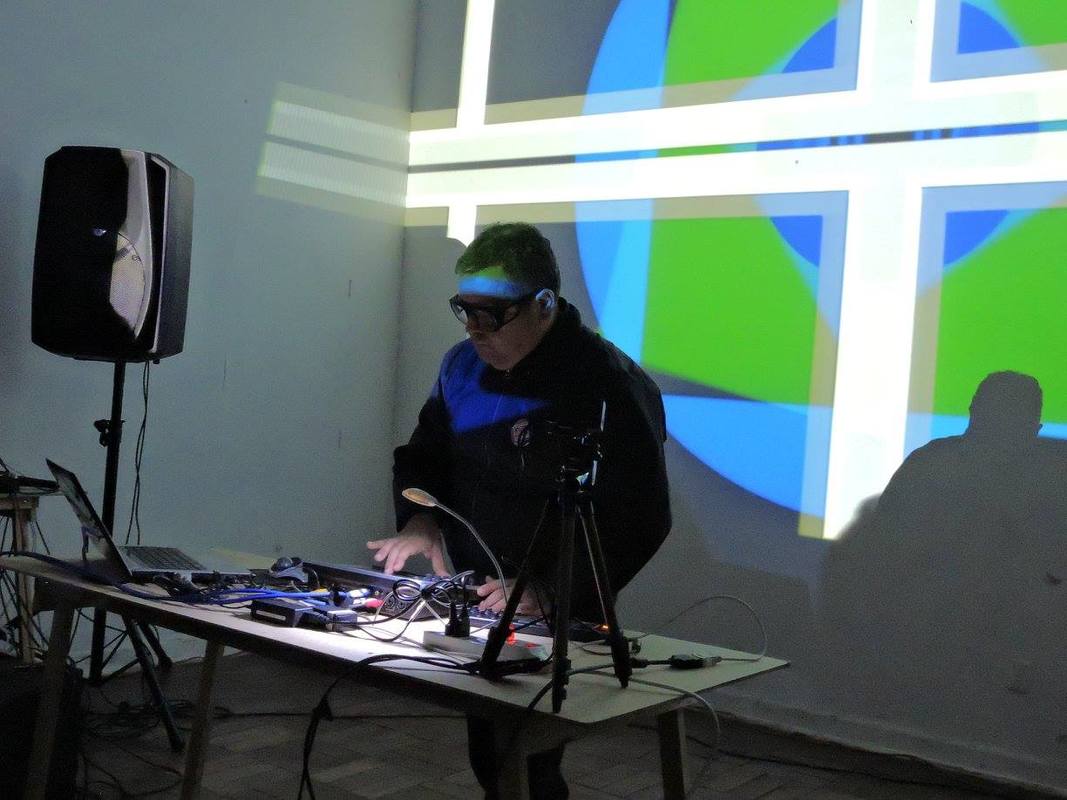
 RSS Feed
RSS Feed